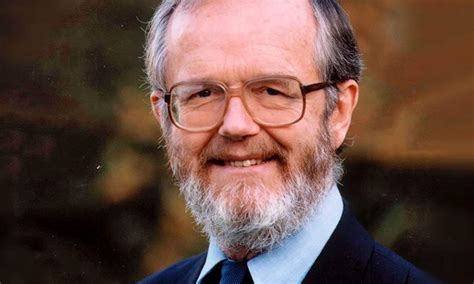A Quote by Van Jones
Reversing global warming will take a World War II level of mobilization. It is the work of tens of millions, not hundreds of thousands.
Related Quotes
I'm sort of optimistic about what we could do, but I'm very pessimistic about what we will do. I can't tell you that Al Gore's 10-year plan is impossible. I'm old enough to remember the Second World War - if we had a World War II-type mobilization, we might accomplish Gore's plan. In 1940 we were making tens of thousands of automobiles, and in 1941 we were making tens of thousands of airplanes. We mobilized as a nation. If we get that kind of mobilization as a nation or globally, then we could solve a lot of these problems.
There is a myth that the New Deal programs on their own pulled the US out of the Great Depression and created the conditions for the economic boom after World War II. As an economist, I can tell you, that is not true. In reality, it was mainly World War II that launched the boom - the massive war mobilization, the horrifying destruction and death caused by it, and then the reconstruction in its aftermath. he US was the only advanced capitalist country that was not bombed during the war.
Several times in Earth's history, rapid global warming occurred, apparently spurred by amplifying feedbacks. In each case, more than half of plant and animal species became extinct. New species came into being over tens and hundreds of thousands of years. But these are time scales and generations that we cannot imagine.
We need to reach the millions who live in cities, the hundreds of thousands in industrial centers, the tens of thousands in medium-sized towns, the thousands in small towns, and the hundreds in villages -- all these at once. Like a volcanic eruption, a spiritual revolution needs to spread through the country, to spur people to crucial decisions. People have to recognize the futility of splitting life up into politics, economics, the humanities, and religion. We must be awakened to a life in which all of these things are completely integrated.
We have to recognize that the reason that the global order that we've enjoyed and almost take for granted over the last several years exists is that after World War II, the United States and its allies tried to build an antidote to what they had seen between World War I and World War II. There, they'd seen protectionism, beggar-thy-neighbor trading policies, so they said, we'll build an open international economy. And they did that.
Laypeople are a kind of nuclear energy in the Church on a spiritual level. A layperson caught up with the gospel and living next to other people can "contaminate" two others, and these two, four others, etc. Since lay Christians number not only tens of thousands like the clergy but hundreds of millions, they can truly play a decisive role in spreading the beneficial light of the gospel in the world.
We are already engaged in World War III. It is a war against nature, and it is simply no contest. As a result, the threat from the skies is no longer missiles but ozone-layer depletion and global warming. Leaders who assert they will not concede one square meter of national territory to an invader should think of the hundreds of square kilometers of topsoil eroded from their countries each year.
We have many advantages in the fight against global warming, but time is not one of them. Instead of idly debating the precise extent of global warming, or the precise timeline of global warming, we need to deal with the central facts of rising temperatures, rising waters, and all the endless troubles that global warming will bring. We stand warned by serious and credible scientists across the world that time is short and the dangers are great. The most relevant question now is whether our own government is equal to the challenge.
The near side of a galaxy is tens of thousands of light-years closer to us than the far side; thus we see the front as it was tens of thousands of years before the back. But typical events in galactic dynamics occupy tens of millions of years, so the error in thinking of an image of a galaxy as frozen in one moment of time is small.






































